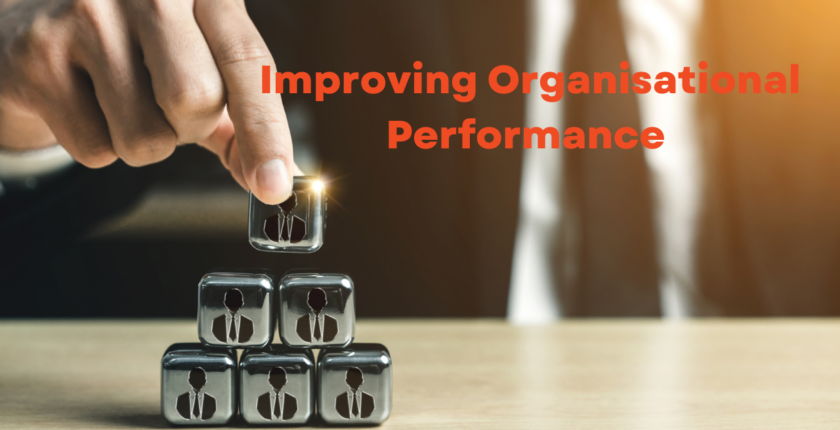Did you enjoy our articles?
Click the order button below to get a high-quality paper.
You can talk to the writer using our messaging system and keep track of how your assignment is going.
Order Now / اطلب الان
In CIPD level 5, the course Improve Organisational Performance teaches participants about the continuous improvement of their skills, character, and contribution within an organisation. Students will learn about drivers of sustainable organisational performance by creating a High-Performance Work Organization (HPWO). Several factors can affect an organisation’s performance sustainability, including whether line managers are involved in the performance management process. This unit will examine different conceptual frameworks of high-performance work (HPW). Their impact on the performance of the organisation will be assessed as well. The unit is essential for helping students understand the advantages and disadvantages of high-performance work and its concept, which is the key to achieving a competitive advantage. Additionally, it elaborates on the barriers to HPW and the importance of people management in improving organisational performance.
The three primary objectives of the unit are:
Students in this course will be exposed to different high-performance working conceptual frameworks and their implications for performance. Furthermore, it exposes the learner to employee engagement, communication skills, employee welfare, and competitive advantage. As a result, individuals who take the unit will better understand the pros and cons of high-performance working and the role of management in improving organisational performance. Engagement, trust, and enthusiasm are critical attributes of a high-performing work organisation. Employees in such an organisation can consider issues critically, work effectively and promote diversity. In this module, you will learn how line managers can create a high-performance culture by evaluating the effectiveness of the performance management process.
In the first lesson, we will cover the first unit objective. This lesson introduces learners to the concept of high-performance work and its components. This concept refers to HPW as a practice or a system of changing organisational culture. In addition, it will cover issues of innovation, involvement, commitment and flexibility in the work environment. The HPW topics covered in the lessons are leadership and strategy, organisational design and teamwork, organisational development, employee involvement, and creating a high-performance culture and customer value.
The evidence for the link between HPW and sustainable organisational performance will be evaluated using practical examples, and learners will have the opportunity to examine the cultures of different companies. In addition, the unit will help the students to analyse the competitive advantage of different organisations and the culture that allows them to achieve their advantage. In this module, students will also be taught about the development of HPWO within the UK and abroad. It is essential to recognise that HPW contributes to achieving organisational objectives while also being responsible for both the long and short-term success of an organisation.
The second lesson, derived from the unit objectives, will focus on the importance of performance management and the role of line managers in achieving high-performance levels. Goal setting, performance evaluation, and performance monitoring are the primary performance management steps. Students will discuss each of the steps mentioned in these subtopics and provide relevant examples of each step. Additionally, the learners will be exposed to the duties and responsibilities of line managers during the high-performance process. The manager is responsible for ensuring that their departments produce high-performance results with the input of all participants.
As a result, building a high-performance culture requires effective and inclusive collaborative working and communication techniques. These techniques should support organisational values, encourage trust, and build good work relationships. An organisation can improve its performance only with the support of its participants by providing them with development opportunities.
In the end, students will have a better understanding of how performance management influences performance levels and the responsibilities of the different line managers involved in the production process. Moreover, they will have acquired sufficient knowledge on how to establish a culture of high performance within an organisation and how to maintain this culture. Specifically, learners will be able to correctly interpret the concept of high-performance working and its role in developing a high-performance work organisation upon completion of this unit. This unit aims to provide students with the necessary skills for improving employee performance for the organisation’s benefit.
This unit is suitable for:
The learners are generally expected to possess a broader understanding of human resource management in an organisational setting. The standard learning time for this unit is thirty (30) hours (guided learning). A total of 30 hours are dedicated to personal learning, also known as self-directed learning, including reading and preparing for assessments.
The course comprehensively covers skills that are important to improving the performance of organisations. Students receive adequate knowledge that helps them become experts in handling their duties and responsibilities in the course. Students are charged with gaining the necessary skills and knowledge to implement performance issues in the HR functions. When learners know how to improve organisational performance, they are more confident and motivated to achieve organisational goals and objectives.
Click the order button below to get a high-quality paper.
You can talk to the writer using our messaging system and keep track of how your assignment is going.
Order Now / اطلب الان
